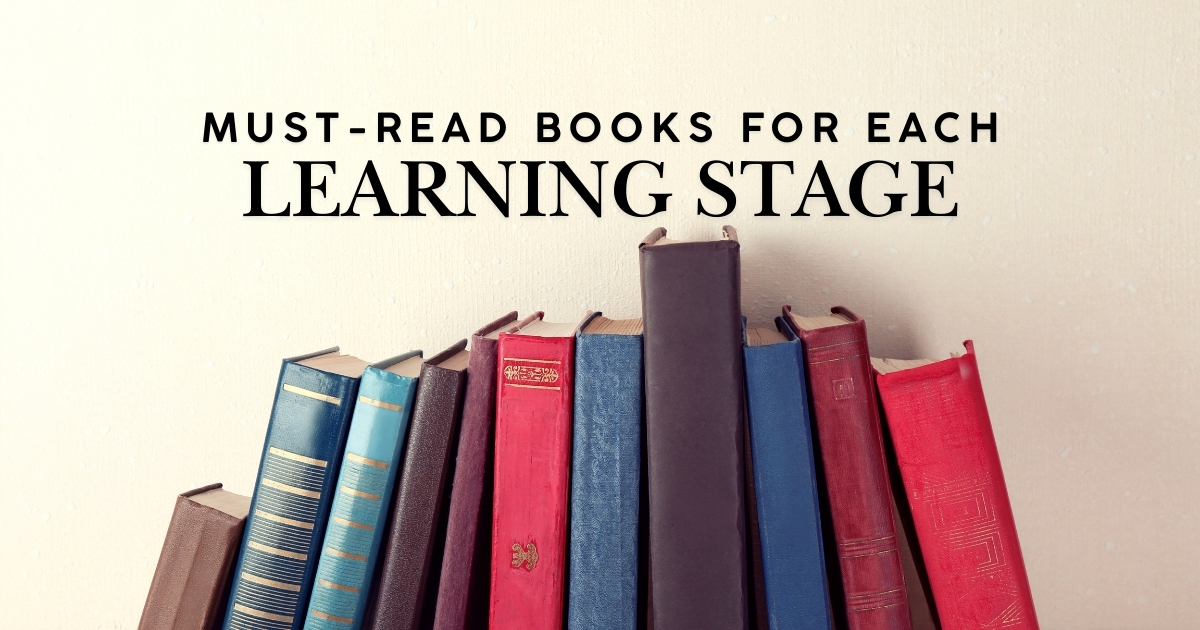When it comes to building a robust educational foundation, few things are as impactful as classical literature. For homeschooling parents, integrating these timeless works into your curriculum not only enriches your child’s mind but also imbues them with a rich cultural and historical context that modern books often lack. Classical literature offers a treasure trove of wisdom, ethical dilemmas, and profound human experiences that can help shape the minds of young learners in ways that few other resources can match.
This blog post aims to guide homeschool parents through the importance of classical literature in a classical homeschool curriculum. We will also provide curated book lists tailored to each stage of the Trivium—grammar, logic, and rhetoric—ensuring age-appropriate recommendations that will captivate and educate your children. Additionally, we will share strategies for discussing themes, characters, and historical contexts to enhance comprehension and critical thinking. By the end of this article, you’ll have a solid roadmap for making classical literature an indispensable part of your homeschooling experience.
The Grammar Stage
The Grammar Stage is the first phase of the Trivium, typically covering grades K-5. At this stage, children are natural sponges, eager to absorb information through stories. This is the perfect time to introduce them to the rich and imaginative worlds found in classical literature. Books for this stage should not only be entertaining but also offer moral lessons and introduce children to various cultures and historical periods.
One of the great classics to start with is “Charlotte’s Web” by E.B. White. This heartwarming tale of friendship and sacrifice is perfect for young readers. The characters, like Wilbur the Pig and Charlotte the Spider, provide excellent examples of loyalty and bravery, which are important concepts for children to grasp early on. Another excellent choice is “Aesop’s Fables.” These short stories are not only engaging but also carry moral lessons that can spark meaningful conversations between you and your child.
Finally, “The Lion, the Witch and the Wardrobe” by C.S. Lewis brings an element of fantasy while subtly introducing themes of good versus evil. To make the most of these literary treasures, discuss the characters and their motivations with your child. Ask questions like, “Why do you think Charlotte decided to help Wilbur?” or “What lesson did you learn from the fable of The Tortoise and the Hare?” These discussions can deepen their understanding and make the stories more memorable. Encourage your children to draw scenes from the books or even act out their favorite parts to make the stories come alive for them.
The Logic Stage
The Logic Stage, typically covering grades 6-8, is when children begin to think more analytically. At this stage, they are ready to tackle more complex narratives and explore underlying themes in greater depth. Classical literature for this stage should challenge their reasoning skills and introduce them to more sophisticated language and concepts. “Alice’s Adventures in Wonderland” by Lewis Carroll is an excellent choice for this stage. The whimsical and often nonsensical world of Wonderland offers a plethora of material for logical analysis and interpretation. Another must-read is “The Adventures of Tom Sawyer” by Mark Twain. This novel provides not only a glimpse into 19th-century America but also introduces themes of friendship, adventure, and moral growth.

Additionally, “The Hobbit” by J.R.R. Tolkien is a fantastic way to blend adventure with deep themes of courage and personal growth. Encourage your child to question and debate the actions of characters. For instance, ask, “Do you think Tom made the right decision in helping Becky Thatcher?” or “What do you think Bilbo Baggins learned about himself by the end of his journey?” These questions will help them think critically about the text. You can also introduce them to basic literary devices such as symbolism and foreshadowing, which are prevalent in these works. Discussing these elements will not only enhance their appreciation of the literature but also improve their analytical skills.
The Rhetoric Stage
The Rhetoric Stage, typically covering grades 9-12, is when students are capable of more abstract thinking and can articulate their thoughts more clearly. At this stage, they should be exposed to complex characters and sophisticated themes that require deeper contemplation and discussion. “To Kill a Mockingbird” by Harper Lee is an essential read. This novel tackles heavy themes such as racial injustice and moral integrity, making it an excellent choice for mature readers. “1984” by George Orwell is another critical read, especially in today’s socio-political climate. It introduces themes of surveillance, individuality, and totalitarianism. Lastly, “Pride and Prejudice” by Jane Austen offers a brilliant exploration of social class, marriage, and morality in 19th-century England.
At this stage, encourage your child to write essays or give presentations on the books for homeschool they read. Questions like, “How does the setting of ‘1984’ contribute to its overall theme?” or “What societal norms is Austen critiquing in ‘Pride and Prejudice’?” can lead to rich discussions. Encourage them to back up their opinions with evidence from the text, which will hone their rhetorical skills and deepen their understanding of the material.
Discussing Themes, Characters, And Historical Contexts
No matter what stage your child is in, discussing themes, characters, and historical contexts can significantly enhance their reading experience. For example, when reading “Charlotte’s Web,” you might discuss the theme of friendship and what it means to be a true friend. When tackling “To Kill a Mockingbird,” a discussion on the historical context of racial segregation in the American South can provide valuable insights. Start by asking open-ended questions that require more than a yes or no answer. This encourages your child to think deeply and articulate their thoughts. For instance, “What do you think motivated Atticus Finch to defend Tom Robinson?” or “How does the setting of ‘The Lion, the Witch and the Wardrobe’ affect the story?” These questions can lead to meaningful conversations that deepen your child’s understanding and appreciation of the literature.
Connecting the themes and lessons from classical literature to modern-day events can make the stories more relevant and engaging for your child. For example, discussing the theme of surveillance in “1984” in the context of today’s digital age can provide a contemporary angle that makes the material more relatable.
Similarly, comparing the social norms in “Pride and Prejudice” to those of today can lead to interesting discussions about how society has evolved. Encourage your child to reflect on how the themes and characters relate to their own lives. Ask questions like, “Have you ever felt like Wilbur, needing a friend like Charlotte?” or “Can you think of a time when you had to stand up for what you believed in, like Atticus Finch?” These reflections can make the stories more personal and impactful, leaving a lasting impression on your child.
Classical literature offers a wealth of benefits for homeschooling children. It enriches their minds, broadens their cultural and historical understanding, and hones their critical thinking and analytical skills. By incorporating these timeless works into your classical homeschool curriculum, you provide your children with a well-rounded education that goes beyond rote learning.
Remember, the goal is not just to read but to engage deeply with the material. Discuss themes, characters, and historical contexts to enhance comprehension and critical thinking. Encourage your children to question, debate, and reflect on what they read. By doing so, you help them develop a lifelong love for literature and learning.



